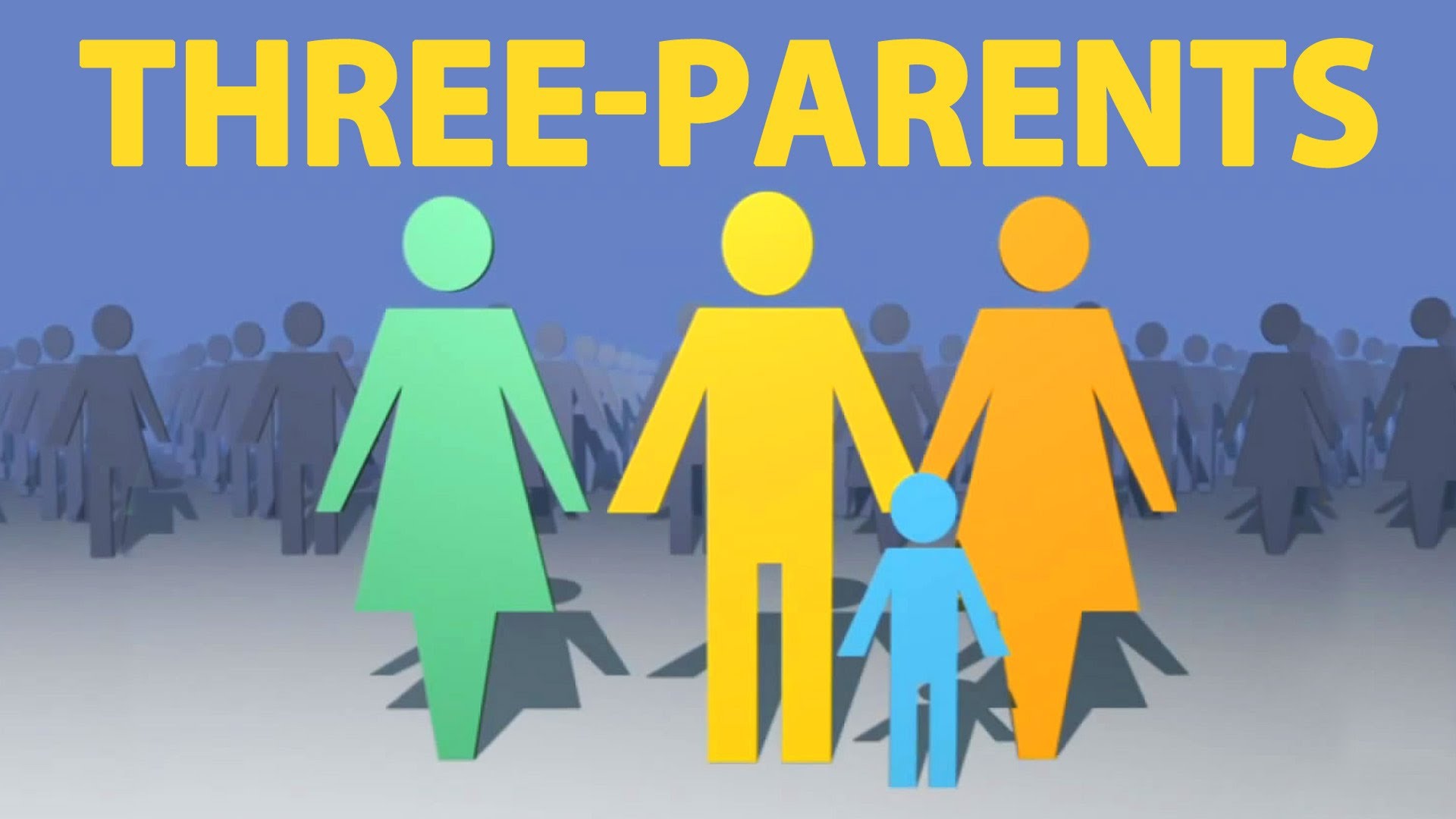Sure, I'll try to elaborate this news in details.
The news is about the first baby born in the UK using a technique called mitochondrial donation treatment (MDT). This technique uses tissue from the eggs of healthy female donors to create IVF embryos that are free from harmful mutations their mothers carry and are likely to pass on to their children. These mutations affect the mitochondria, which are the tiny compartments inside nearly every cell of the body that convert food into useable energy. Defective mitochondria can cause a range of incurable and potentially fatal diseases, such as muscular dystrophy, brain damage, heart failure and blindness.
The technique involves giving a woman an IVF baby with DNA from three people: the mother, the father and the donor. The baby will have nuclear DNA from its mother and father which define key characteristics such as personality and eye colour. In addition, it will have a tiny amount of mitochondrial DNA provided by the donor. This donor DNA is only relevant for making effective mitochondria and does not affect other traits or constitute a "third parent".
The UK was the world's first country to approve this technique in 2015 under the Human Fertilisation and Embryonic Act. The Newcastle Fertility Centre was granted the first licence for the therapy in 2017 and has performed several procedures since then. However, no details on the parents or the newborn have been released to protect their privacy. The technique is still experimental and has some risks associated with it, such as the possibility of "reversion" where any defective mitochondria that are carried over could gain in number and still result in disease.
The technique is seen as a breakthrough for families with severe inherited mitochondrial illness who want to have a healthy child of their own. It is also hoped that it will help eliminate such diseases from future generations.
The birth of the first baby with DNA from three people in the UK is a historic milestone for the field of reproductive genetics and a hope for families with severe inherited mitochondrial diseases. The technique of mitochondrial donation treatment (MDT) offers a way to avoid passing on defective mitochondria to the next generation and potentially eliminate such diseases from the future. However, the technique is not without challenges and controversies. It is still in its early stages and requires further research and evaluation to ensure its safety and efficacy. It also raises ethical questions about the identity and rights of the donor and the child, as well as the social implications of creating babies with three people's DNA. As the UK leads the way in this innovative technique, it also has a responsibility to ensure that it is used in a responsible and ethical manner that respects the dignity and welfare of all involved.
